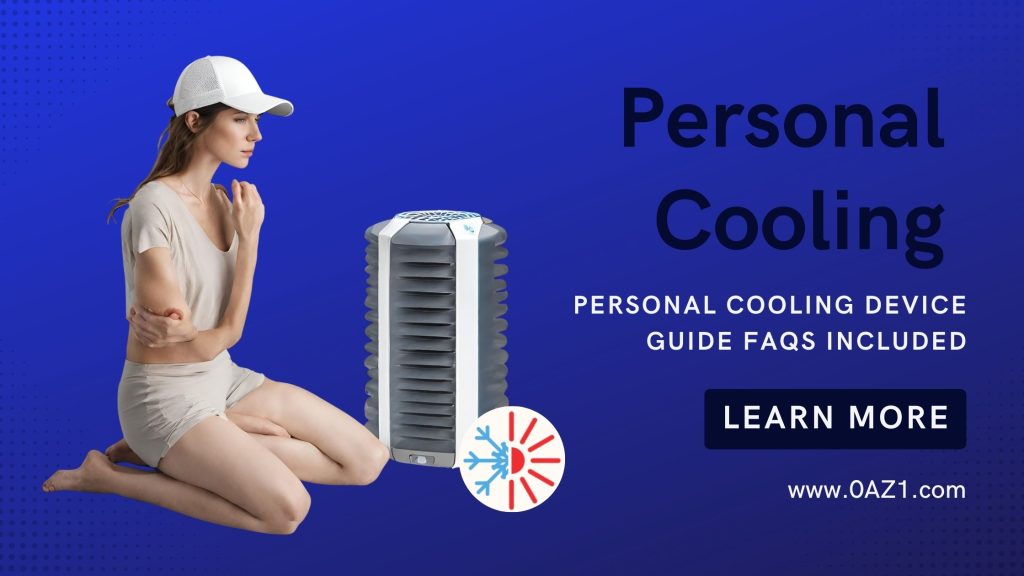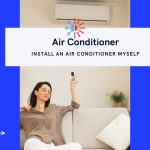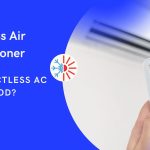In the scorching summer months, keeping cool is a top priority for many of us. Whether you’re lounging at the beach, taking a hike, or simply trying to survive a heatwave, a personal cooling device can be your best friend. These innovative gadgets offer relief from the sweltering heat and allow you to enjoy the outdoors without breaking a sweat. In this article, we’ll dive deep into the world of personal cooling devices, exploring their benefits, types, and how they work. So, let’s embark on a journey to discover the ultimate heat-beating companions!
Do Personal Air Conditioners Work?
You might be wondering, do personal air conditioners actually work, or are they just another gimmick? The answer is a resounding yes; they do work, and here’s how.
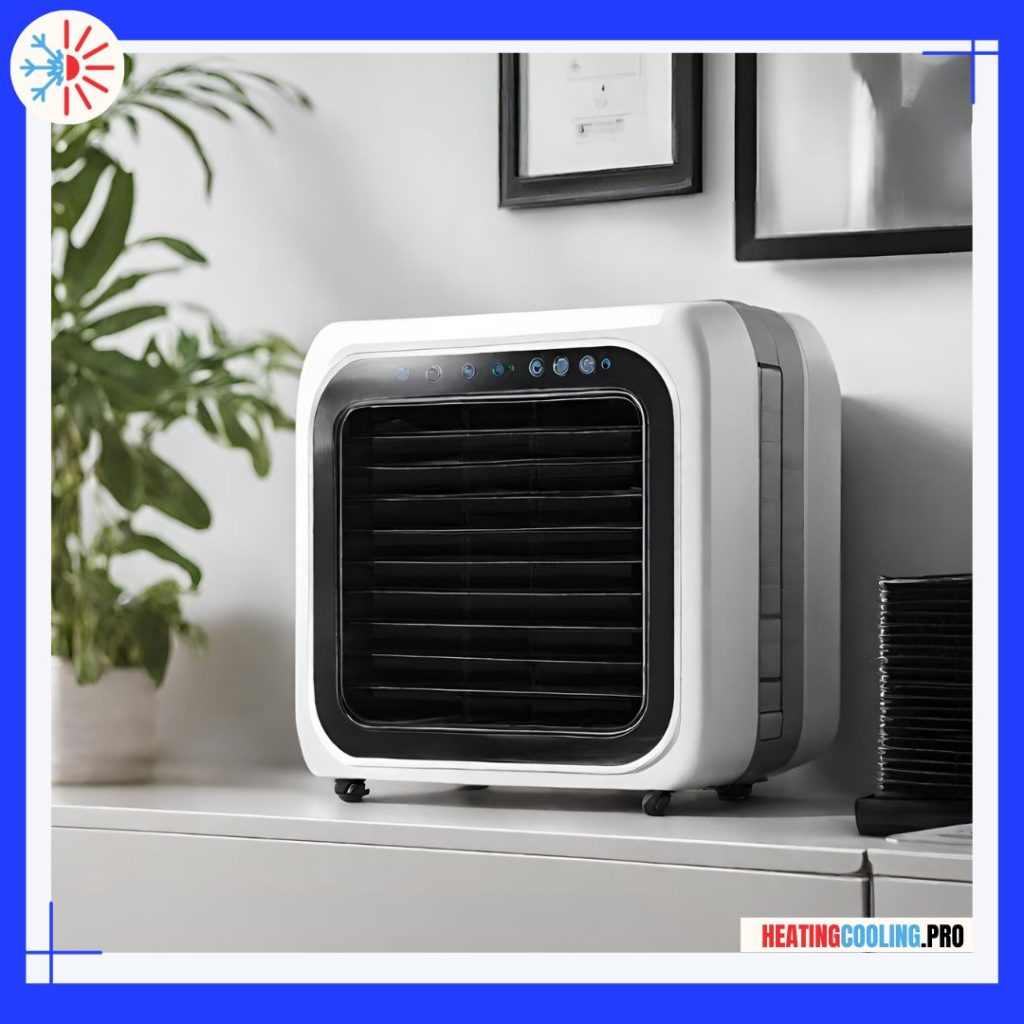
Evaporative Cooling
One of the most common mechanisms employed by personal air conditioners is evaporative cooling. These devices use a fan to draw in warm air, which then passes through a water-saturated cooling pad or filter. As the air moves through this pad, the water evaporates, reducing the air temperature. The now cooler air is then blown out by the fan, creating a refreshing breeze. Evaporative cooling is effective in dry climates, where the air is not already saturated with moisture.
Another method used in personal cooling devices is thermoelectric cooling. This technology relies on the Peltier effect, where an electric current is used to transfer heat from one side of a metal plate to the other. One side gets cold, while the other side gets hot. A fan is used to dissipate the heat from the hot side, and the cool side generates cold air. While thermoelectric cooling is not as efficient as traditional air conditioning, it is compact and ideal for personal use.
Refrigerant-Based Cooling
Refrigerant-based personal air conditioners function similarly to traditional home air conditioning units but on a smaller scale. They use a refrigerant, compressor, and condenser to cool the air before blowing it out. These devices can provide more powerful and consistent cooling, making them suitable for extremely hot and humid conditions. However, they tend to be bulkier and heavier than evaporative or thermoelectric options.
Innovations in personal cooling have led to wearable cooling devices that you can attach to your clothing or wear around your neck. These compact gadgets offer a more personalized cooling experience and are perfect for outdoor activities or sports. Some even come with rechargeable batteries or can be powered through USB, making them convenient and portable.
The effectiveness of a personal air conditioner largely depends on the chosen cooling technology, the ambient conditions, and how well it is maintained. In general, they work well in small, confined spaces or when used in close proximity. However, they may not be as efficient in large, open areas.
Are Personal Air Conditioners Safe?
Safety is a crucial concern when it comes to personal air conditioners, and it’s important to know the potential risks and how to use these devices safely.
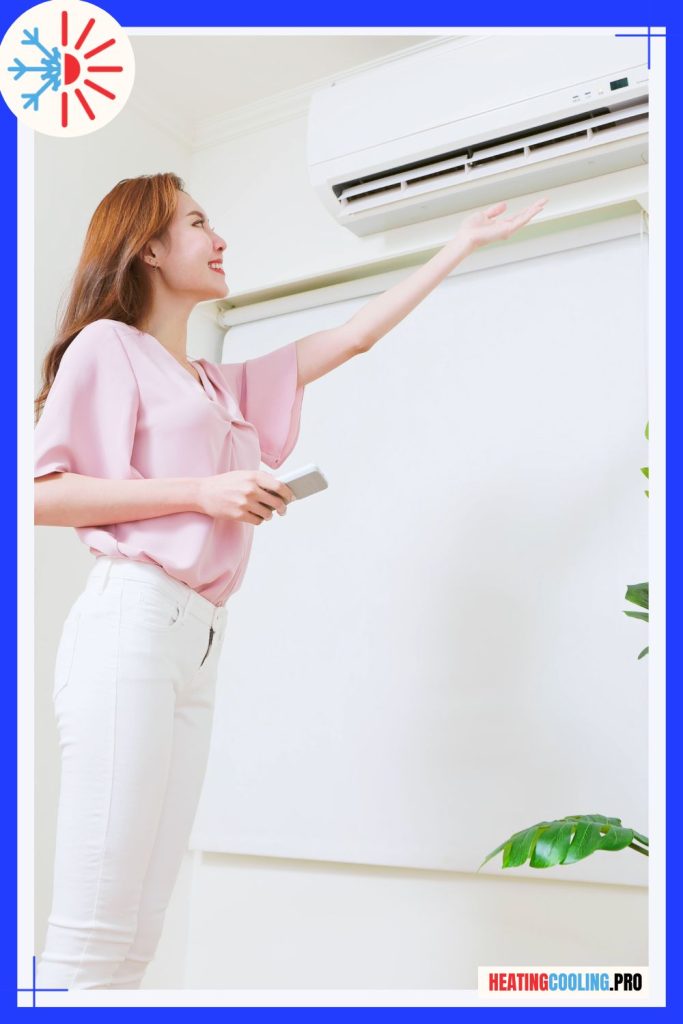
Electrical Safety
One of the primary safety considerations is the electrical aspect of personal air conditioners. These devices are powered by electricity, and mishandling can lead to electrical shocks or fires. To ensure safety:
- Check the Power Source: Use the provided power source or adapter to avoid overloading or damaging the device.
- Avoid Water Contact: Keep the device away from water sources to prevent electrical hazards.
- Regular Maintenance: Periodically inspect cords and plugs for damage, and replace them if necessary.
Personal air conditioners generate cool air, but they can also generate heat. To prevent overheating:
- Proper Ventilation: Ensure there is adequate airflow around the device and don’t block the air inlet or outlet.
- Avoid Overuse: Use the device according to the manufacturer’s recommendations to prevent it from overheating.
- Shutdown After Use: Turn off the device when you’re done using it.
Cooling Safety
While the cooling function is the main purpose of personal air conditioners, excessive cooling can be harmful. Be cautious of:
- Avoid Overcooling: Prolonged exposure to extremely cold air may lead to health issues, such as frostbite or hypothermia. Use the device in moderation.
- Follow Temperature Guidelines: Stick to the recommended temperature settings, and don’t set it to extremely low levels.
Consider the environmental impact of personal air conditioners, especially those using refrigerants. Look for eco-friendly options that use refrigerants with a low global warming potential (GWP).
Personal air conditioners can be safe if used responsibly and in accordance with the manufacturer’s instructions. Always prioritize electrical safety, avoid overuse, and maintain proper ventilation. Additionally, be mindful of the environmental impact and opt for sustainable cooling solutions when possible.
Can A Personal Air Conditioner Cool A Room?
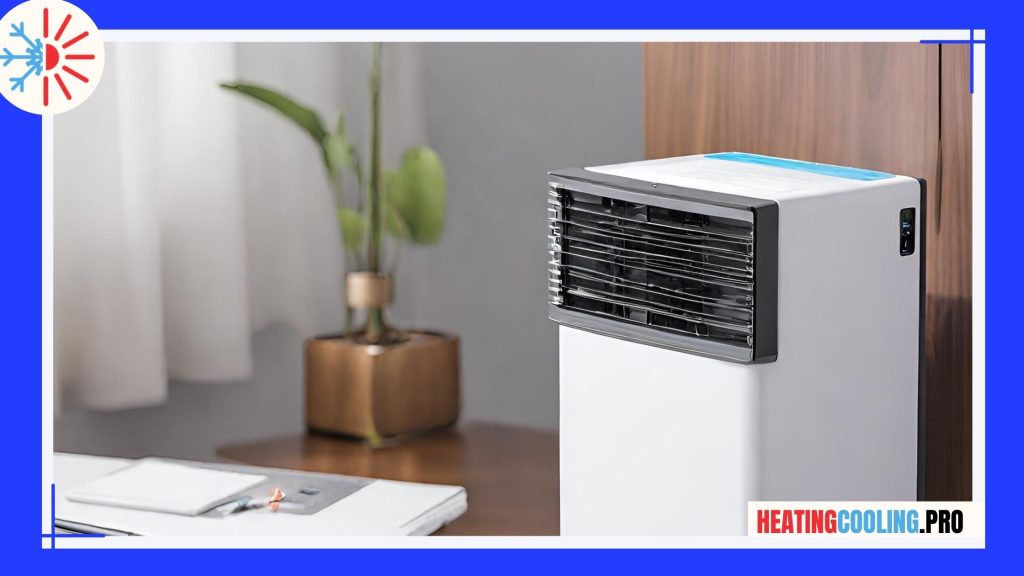
The short answer is yes, a personal air conditioner can cool a room. However, the effectiveness of the air conditioner will depend on the size of the room and the power of the air conditioner. A personal air conditioner is a small air conditioner that is designed to cool a single person. These air conditioners are usually small enough to fit on a desk or in a small room. They typically have a power output of less than 5,000 BTUs.
A room that is 200 square feet or less can be cooled by a personal air conditioner. If the room is larger than 200 square feet, the air conditioner may not be able to cool the entire room. Personal air conditioners are available in a variety of sizes and power outputs. If you are considering purchasing a personal air conditioner, be sure to select one that is powerful enough to cool the size of the room you are trying to cool.
Are Personal Air Coolers Any Good?
Summertime can be brutal, especially in cities with high humidity levels. While air conditioners can help to lower the temperature in your home, they also use a lot of energy and can be expensive to operate. If you’re looking for a way to cool down without breaking the bank, a personal air cooler may be the answer. Personal air coolers work by using a small fan to blow air over a water-soaked pad. This process causes the water to evaporate, which in turn cools the air. Some personal air coolers also have a built-in humidifier, which can be helpful in areas where the air is dry.
Personal air coolers are a great alternative to air conditioners, especially for small spaces. They are relatively affordable to purchase and operate, and they don’t use a lot of energy. They are also portable, so you can take them with you wherever you go.
That said, personal air coolers come with a few drawbacks. For one, they don’t work very well in very hot weather. They also don’t work well if the air is very dry. Finally, they can be a bit noisy. If you are looking for a way to cool down a small space on a budget, a personal air cooler is a good option. Just be aware of its limitations in extreme weather conditions.
Is It Ok To Sleep With An Air Cooler On?
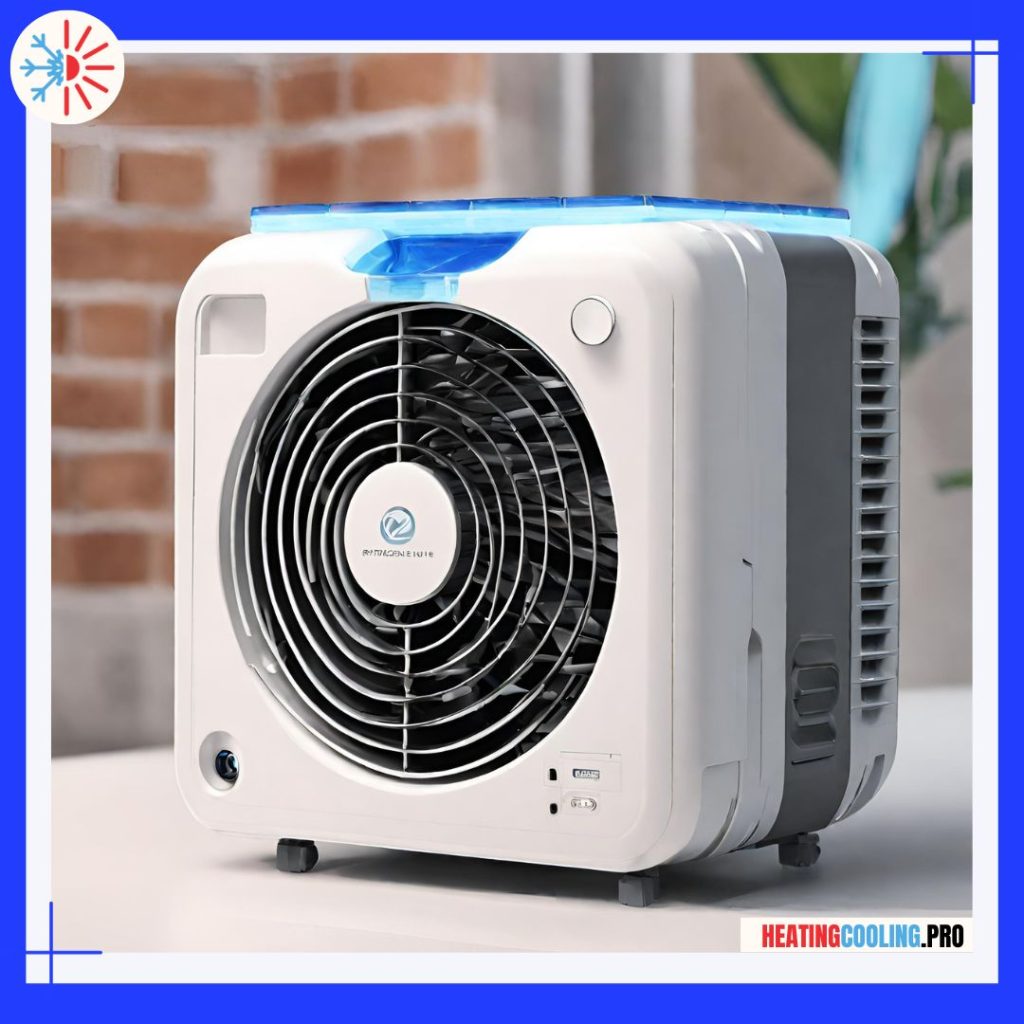
We get this question a lot, and the answer is: pretty safe. Air coolers are a great way to cool down a room without using a lot of energy, but there are a few things to consider before you turn one on. First, air coolers work by blowing air over a cold surface, which causes the air to cool down. This means that they can lower the temperature of a room by a few degrees, but they can’t actually cool down the air inside the room.
If you’re trying to cool down a room that’s already hot, an air cooler might not be enough. In these cases, it’s best to open a window or use a fan to circulate the air. Air coolers are also a great way to reduce humidity levels in a room. When the air is humid, it feels hotter than it actually is, so reducing the humidity can make a room feel cooler.
What Is The Best Personal Mini Ac Unit?
There is no definitive answer to this question, as the best personal mini ac unit for you will depend on your specific needs and preferences. However, some of the factors you may want to consider when choosing a personal mini ac unit include the size of the unit, the cooling power, the noise level, and the price.
One of the most important factors to consider when choosing a personal mini ac unit is the size of the unit. Some units are small enough to fit in your hand, while others are larger and require more space. If you are looking for a unit that is small and portable, then you may want to consider a unit like the Dyson AM09. This unit is small and lightweight, and it comes with a travel case so you can take it with you on the go.
Another important factor to consider when choosing a personal mini ac unit is the cooling power. Some units are more powerful than others, and if you are looking for a unit that can cool a large area, then you may want to consider a unit like the Dyson AM09. This unit has a cooling power of up to 500 watts, which is enough to cool a room of up to 85 square feet.
If you are looking for a personal mini ac unit that is stylish and sophisticated, then you may want to consider a unit like the Dyson AM09. This unit comes in a variety of colors, including black, white, and silver, and it has a sleek and modern design that will fit in with any décor.
Are Mini Air Conditioners Worth It?
In the summer, there’s nothing better than walking into a cool, air-conditioned room. But what if your home or office doesn’t have central air? Or what if the weather is too hot or humid for central air to be effective? In that case, you might want to consider a mini air conditioner. Mini air conditioners have been on the market for a few years now, and they’ve become increasingly popular. But are they worth the investment?
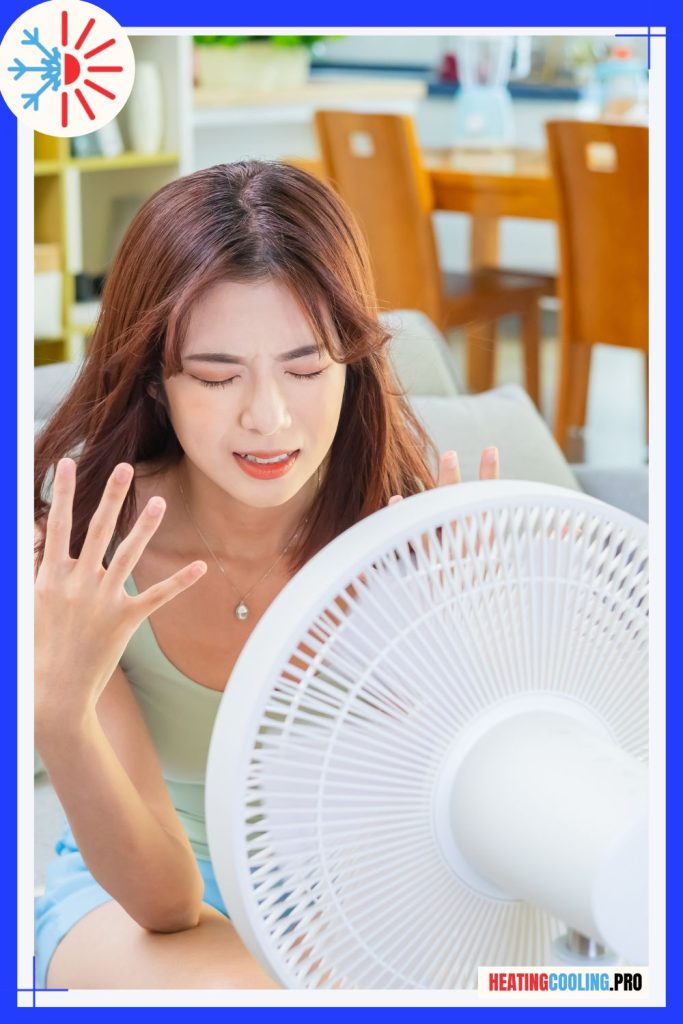
The answer depends on a few factors, such as the size of the room and the climate. Mini air conditioners are perfect for small spaces, like a bedroom or office. And if you live in a hot climate, they can be a lifesaver. But if you live in a climate with mild summers, a mini air conditioner might not be worth the expense. You could probably get by with a fan or a window air conditioner. So, the answer to your question really depends on your specific situation.
How Long Does Personal Mini Ac Last?
The amount of time a personal mini ac unit will last depends on the size of the unit, the type of unit, and the environment in which it is used. Generally, personal mini ac units last for six to eight hours on a full battery charge. Some factors that may affect the life of a personal mini ac unit include the number of people in the room, the size of the room, the type of insulation in the room, and the type of heating or cooling system in the room.
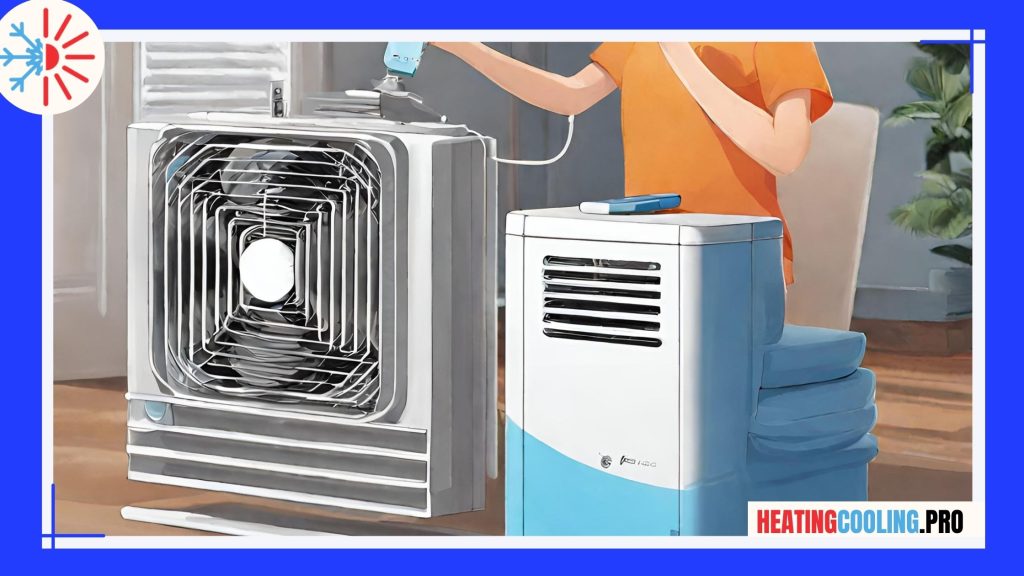
If the room is small and there are few people in the room, the mini ac unit may last for hours. However, if the room is large and there are many people in the room, the mini ac unit may only last for minutes. If the room has good insulation, the mini ac unit may last for hours. If the room does not have good insulation, the mini ac unit may only last for minutes. If the room has a heating or cooling system, the mini ac unit may last for hours. If the room does not have a heating or cooling system, the mini ac unit may only last for minutes.
Conclusion
In the quest to beat the heat, personal cooling devices emerge as the heroes of sweltering summers. From evaporative cooling to thermoelectric wonders and even compact wearable options, these gadgets offer a refreshing oasis amidst scorching temperatures. But before you embark on your cooling journey, it’s essential to understand their workings, safety considerations, and the advantages they bring.
Personal air conditioners do work, utilizing various cooling technologies, and their effectiveness depends on factors like climate, chosen technology, and proper usage. With safety in mind, users can enjoy the cool breeze without facing unnecessary risks.
As you explore the world of personal cooling devices, remember that they are versatile and adaptable. Whether you’re at home, on a hike, or cheering on your favorite sports team, these portable companions can keep you comfortable even in the hottest of conditions.
So, whether you’re looking for a reprieve from the summer heat or a convenient way to stay cool on the go, personal air conditioners have got you covered. Embrace the future of cooling and say goodbye to sweaty discomfort. With the right device, you can keep your cool even when the weather is scorching hot.
Now that you’ve discovered the ins and outs of personal cooling devices, let’s address some common questions that may arise when considering these cooling companions.
1. How long does a personal air conditioner’s battery typically last?
The battery life of personal air conditioners varies depending on the device and usage. Some models can last for several hours on a single charge, while others may need frequent recharging.
2. Can personal air conditioners be used indoors?
Yes, personal air conditioners can be used indoors, provided there is proper ventilation. They are particularly useful in smaller spaces or areas with inadequate central cooling.
3. Are personal cooling devices eco-friendly?
Some personal cooling devices are more environmentally friendly than others. Look for models that use eco-friendly refrigerants or have a low global warming potential (GWP).
4. Do personal air conditioners help save on energy bills?
Personal air conditioners can be energy-efficient compared to cooling an entire room or building. However, their impact on energy bills depends on the device’s power consumption and usage patterns.
5. Are personal cooling devices suitable for people with specific medical conditions, such as asthma?
Individuals with medical conditions should consult their healthcare provider before using personal cooling devices, as the cold air may trigger or exacerbate certain health issues.
Stay cool, stay comfortable, and enjoy the summer with your trusty personal cooling device by your side!
